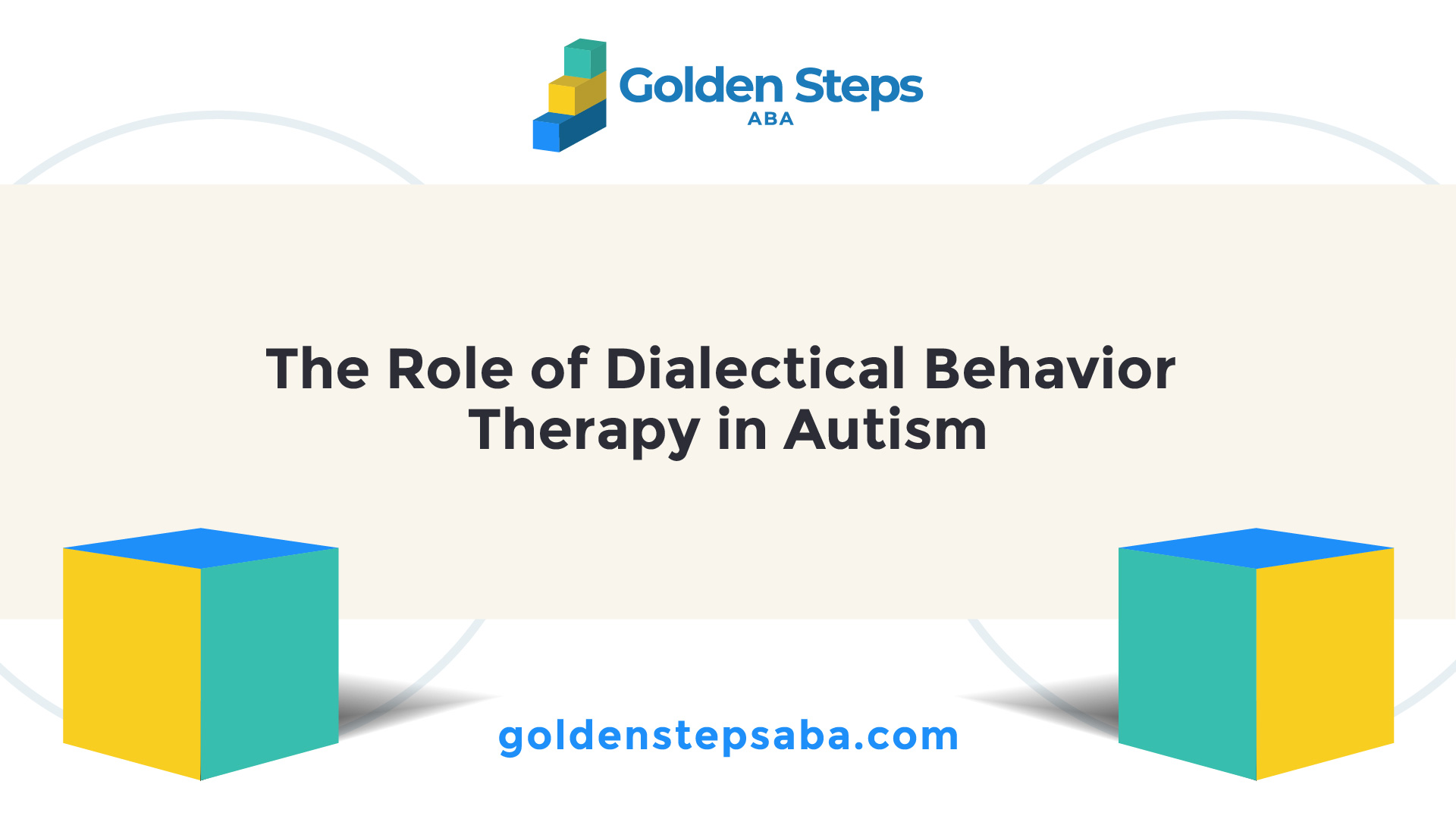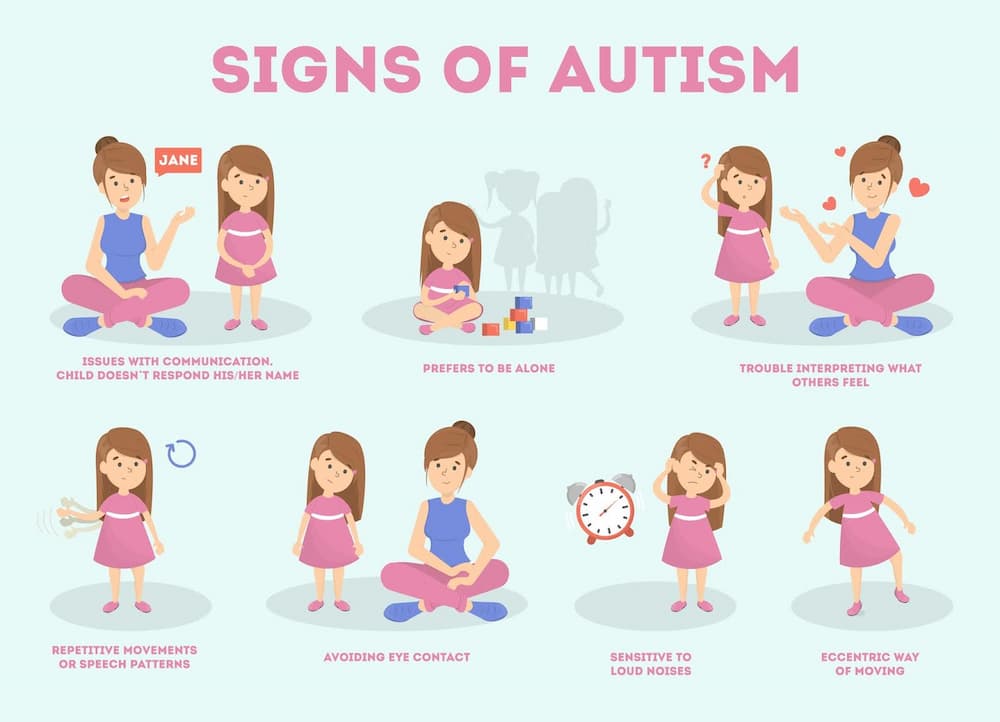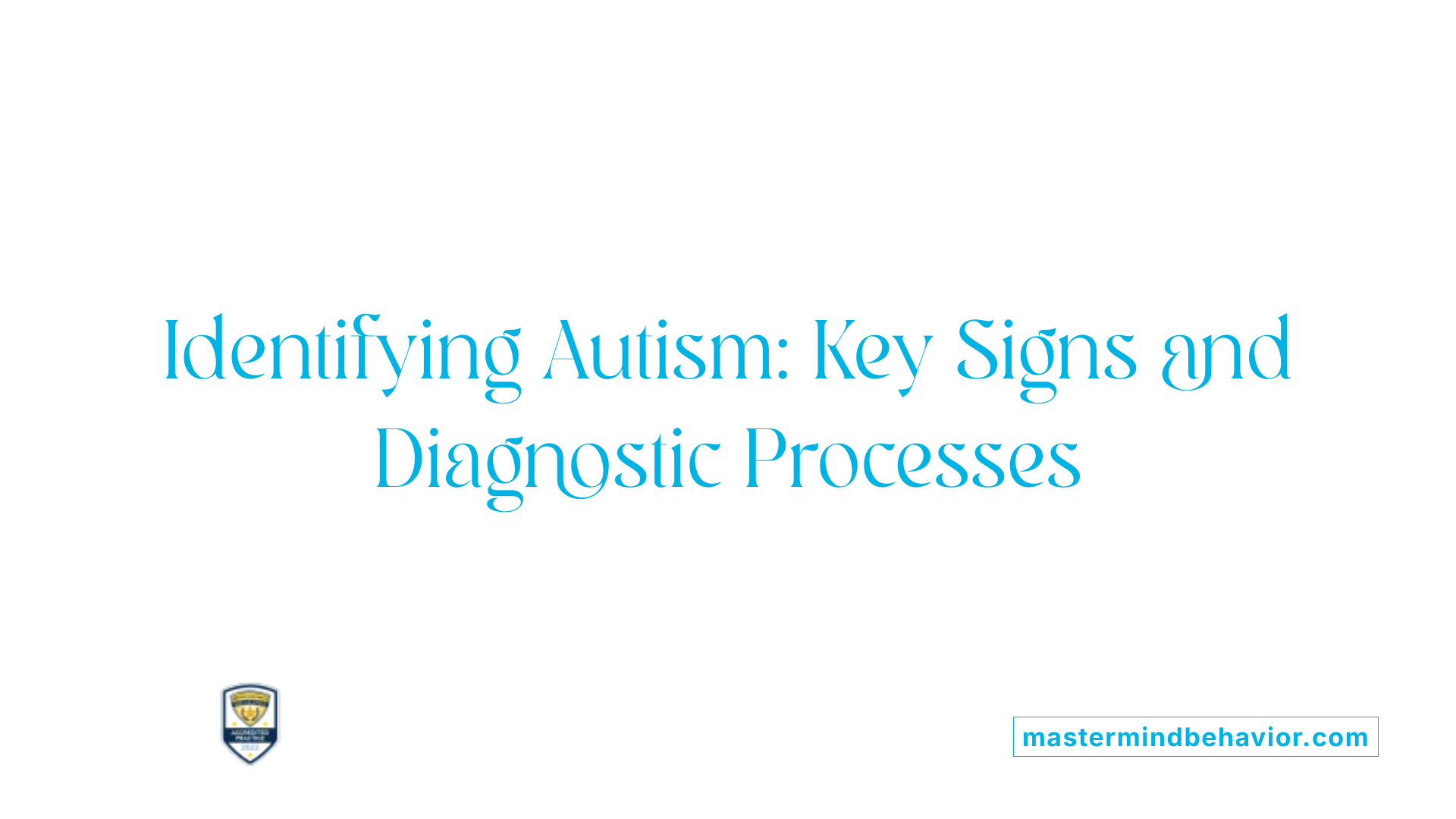Secret Symptoms And Signs to Identify in People With Behavioral Autism
When you run into a person with behavioral autism, acknowledging crucial indicators and signs is crucial. Additionally, sensory level of sensitivities can lead to frustrating experiences.
Challenges in Social Communications
When you communicate with a person on the autism spectrum, you might observe they battle with social signs and communication. These challenges can make social communications really feel frustrating for them. You may see them staying clear of eye call or standing too close or too far away throughout conversations, which can produce misconceptions. They might not detect body language or facial expressions, making it harder for them to evaluate how others are feeling.
In addition, you may find that they prefer routines and acquainted settings, which can restrict their willingness to involve in brand-new social situations. When they do involve, they may speak about their rate of interests in terrific information without seeing if you're interested. This can lead to one-sided discussions that leave you feeling disconnected. Comprehending these difficulties can aid you come close to interactions with empathy and patience, cultivating an extra comfortable atmosphere for both of you.
Difficulty With Verbal and Non-Verbal Interaction

Non-verbal communication can be much more difficult. You could see an absence of eye contact or minimal usage of gestures, which can make interactions really feel uncomfortable. Faces may not always line up with the discussion, causing confusion about their sensations. Identifying these indicators is vital, as it aids you better support and engage with individuals on the autism spectrum. By recognizing their interaction challenges, you can cultivate extra significant connections and supply a much more encouraging setting.
Repetitive Actions and Regimens
Communication challenges often accompany various other indicators of autism, such as repeated behaviors and a solid choice for routines. You could observe that people with autism typically involve in specific, repetitive actions, like hand-flapping, rocking, or duplicating expressions. These actions can supply comfort and a feeling of control in a commonly frustrating world.
Regimens are equally crucial; several people thrive when they adhere to a structured timetable. You may locate that changes to these regimens can lead to significant distress. For instance, if they have a day-to-day ritual of eating breakfast at a certain time or complying with a particular route to school, any type of disruption can cause anxiety.
Identifying these patterns assists you understand their habits and offer assistance. By fitting their requirement for regular and allowing repeated actions, you can develop an extra comfy setting that reduces their obstacles.
Sensory Sensitivities

Typical Sensory Triggers
Sensory level of sensitivities can substantially influence daily life for people with autism, as particular stimulations commonly set off frustrating responses. Usual sensory triggers consist of loud noises, intense lights, and solid scents. Recognizing these triggers can assist you handle your environment much better.
Behavioral Actions Described
Recognizing your behavior responses to sensory sensitivities is essential, as they commonly expose exactly how you interact with the globe. You might additionally discover yourself looking for particular sensory experiences, like deep pressure or quiet environments, to help ground yourself. Identifying these patterns Learn More Here helps you understand your requirements much better and can direct how you interact them to others.
Coping Methods Review
Identifying your sensory sensitivities is just the initial action; currently it's time to discover coping methods that can help you take care of those experiences efficiently. Start by creating a sensory toolkit customized to your demands. Establishing a structured regimen can also supply predictability, decreasing anxiety around sensory overload.
Restricted Interests and Focus
While many individuals develop a large range of interests, those with autism typically demonstrate restricted passions and an intense emphasis on details subjects. You could see that somebody with autism can spend hours diving right into their favored subject, whether it's a specific sort of train, a specific film, or a clinical idea. This intense emphasis isn't just a leisure activity; it can end up being a central part of their identity and social communications.
You may locate that conversations rotate around these rate of interests, and they might battle to engage in more comprehensive topics. By comprehending and recognizing these limited passions, you can foster a supportive setting where they feel valued and recognized, enabling for more significant connections and interactions.
Psychological Law Problems
People with autism often encounter difficulties in emotional policy, which can be influenced by their extreme concentrate on specific rate of interests. You might see that when an individual is deeply taken part in a favored activity, they can experience solid emotions, whether excitement or irritation. This intensity visit occasionally makes it tough for them to shift gears or manage their sensations when points do not go as planned.

Variability in Developing Landmarks
When it comes to developmental milestones, you'll see that people with autism commonly reveal a wide range of variability. You may see a child succeed in language abilities but battle with social communications.
It's important to recognize that each person's trip is one-of-a-kind. Some might establish intricate abilities early, just to deal with challenges in the future. Others might take longer to achieve standard landmarks yet then flourish in details areas. Observing these patterns can help you comprehend their strengths and requires much better.
Frequently Asked Concerns
Exactly How Is Autism Detected in Kid and Grownups?
To detect autism in kids and adults, professionals review behavior, communication abilities, and social interactions. If a specific fulfills the standards for autism range problem., they typically use standard examinations, interviews, and observations to determine.
Exist Different Kinds Of Autism Range Disorders?
Yes, there are various kinds of autism range conditions, consisting of Asperger's syndrome and prevalent developmental disorder-not otherwise specified. Each type differs in seriousness and features, so recognizing these distinctions can aid you better assistance people with autism.
What Treatments Work for Individuals With Autism?
When taking into consideration effective treatments for people with autism, you'll discover options like Applied Habits Evaluation, speech treatment, and job-related therapy. Each approach can help improve communication, social skills, and everyday operating customized to specific requirements.
Can People With Autism Lead Independent Lives?
Yes, individuals with autism can lead independent lives. With the right support, skills training, and sources, you can help them establish self-sufficiency, take care of day-to-day tasks, and thrive in various atmospheres, fostering their self-reliance.
How Can Family Members Support Enjoyed Ones With Autism?
You can support your enjoyed ones with autism by developing a structured environment, urging their rate of interests, exercising persistence, fostering interaction, and advertising social abilities. Celebrate their success, despite just how tiny, and construct a helpful area.
Although lots of people on the autism range can use and comprehend language, they commonly encounter significant obstacles with both verbal and non-verbal communication. Acknowledging these indicators is vital, as it helps you better assistance and involve with individuals on the autism range. You may observe that individuals with autism often engage in specific, repeated activities, like hand-flapping, rocking, or repeating phrases.Sensory sensitivities can substantially influence everyday life for individuals with autism, as particular stimulations commonly click now activate frustrating reactions.When it comes to developmental milestones, you'll discover that individuals with autism commonly show a broad variety of irregularity.